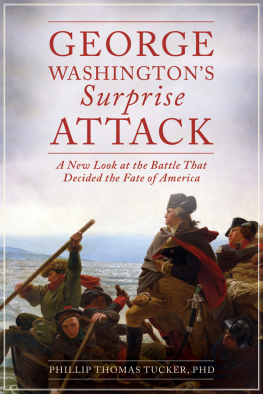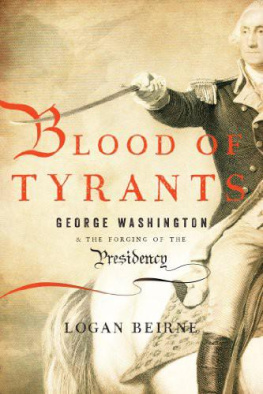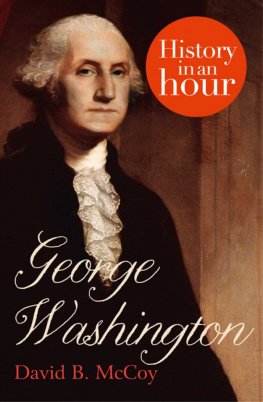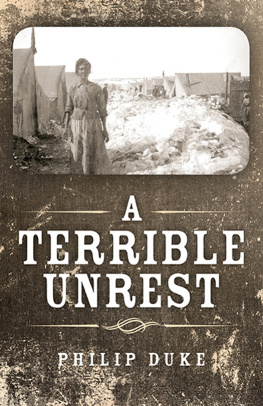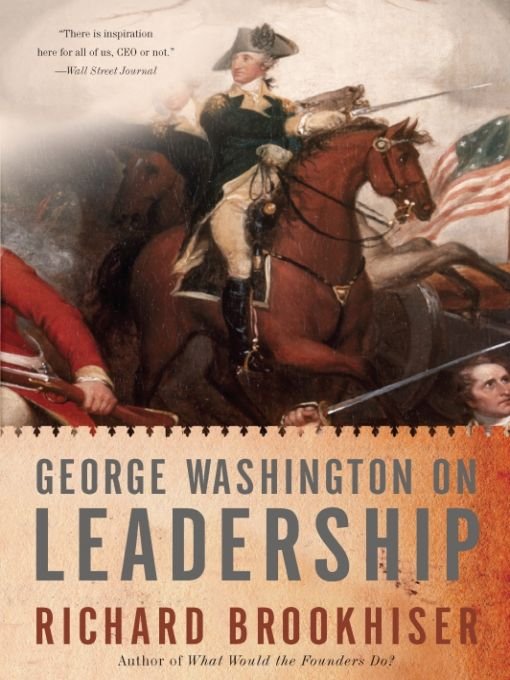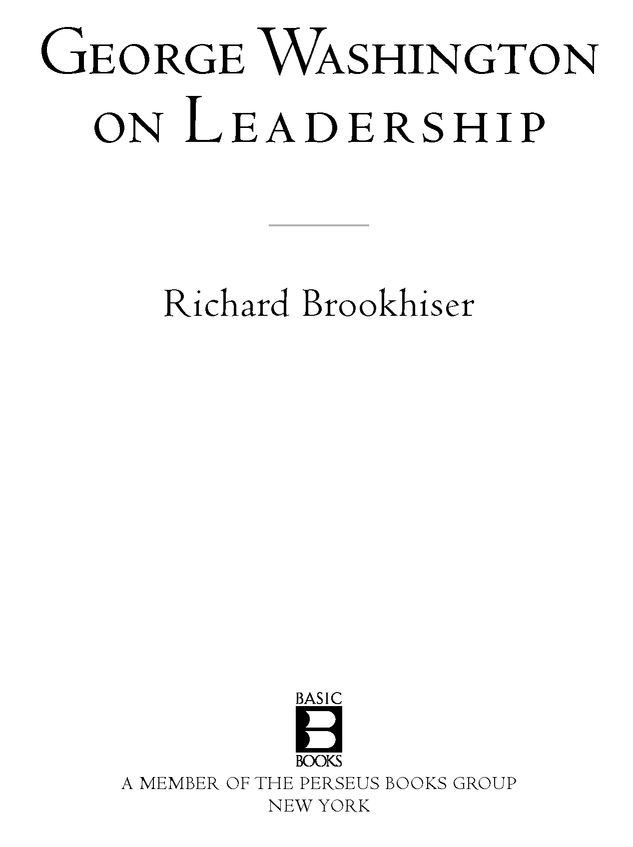Table of Contents
For Douglas Lenard
Acknowledgments
In 2005 Thomas S. Schreier, Jr. and Cheryl B. Stone of First American Funds invited me to give a series of talks called George Washington on the Art of Management. I am grateful to them for prompting me to look at Washington in a new way.
Terry Golway, Douglas Lenard, Nicole Seary, and Micheline Tilton helped me with tough points.
I would like to thank my editor, Jo Ann Miller, my agent, Michael Carlisle, and, as always, my wife, Jeanne Safer.
A Note on Style and Spelling
Although there were many politically savvy women in the world of the founding fathers (Abigail Adams, Adelaide de Flahaut), all the leaders George Washington met, and most of the people he led, were men. This tugs my style in the direction of the generic pronoun he. Twenty-first-century women will be savvy enough to see that Washingtons lessons of leadership also apply to them.
The president did not have a cabinet or ambassadors in the eighteenth century, but I use the words because they are more convenient than heads of departments and ministers, the terms that were then used. I sometimes use place-names (for instance, Indiana) that Washington never heard of, though when I am following his point of view, I try to use the names he knew. The Republican Party of Washingtons day is the ancestor of todays Democratic Party (the modern GOP began in the 1850s).
I have modernized all spelling and punctuation.
INTRODUCTION: FOUNDING CEO
Americas greatest leader was its firstGeorge Washington. He ran two start-ups, the army and the presidency, and chaired the most important committee meeting in history, the Constitutional Convention. His agribusiness and real estate portfolio made him Americas richest man. He was as well known as any actress, rapper, or athlete today. Men followed him into battle; women longed to dance with him; famous men, almost as great as he was, some of them smarter or better spoken, did what he told them to do. He was the Founding CEO.
Even at a time when entertainers and freaks commandeer so much of our attention, the most important men and women in society are its leaders, whether in politics, business, or war. In politics, the buck stops at their desks; in business, they are responsible for bringing in the bucks; in war, they plan the operations and command the troops. That is why it is always important to know how a great leader of the past navigated his life, and what a leader or aspiring leader of today can learn from him.
When George Washington died, one of his mourners called him first in war. He got his first taste of the military at age twenty-one when his in-laws got him a commission in the colonial militia. His superiors found him a bit of a pain in the neck; his junior officers adored him, calling him an excellent commander, a sincere friend, and an affable companion. He saw two debacles, in which hundreds of his comrades were killed, and one great victory, in which not a shot was fired; he was assigned to defend an undefendable frontier. When he was twenty-six, he resigned, went home, and got married.
When Washington was forty-three, he got a harder assignment. Congress named him commander in chief in June 1775; he had angled for the job by showing up to the sessions of Congress in his old uniform. The American Revolution had barely begun. The troops he was assigned to command were local militias that had been renamed the Continental army; turning them into an actual army would be one of his many tasks. During his time on the job, he fought ten battles in five states and oversaw operations from Canada to Georgia to Indiana (then the Wild West). Between battles, he solved a range of problems, from smallpox to treason. Since there was not yet any such thing as a president, secretary of defense, or secretary of statethe government consisted only of Congresshis job as commander in chief embraced some of the functions of these jobs as well: negotiating with Indians and Frenchmen, buying shoes and food. Although Congress had picked him unanimously, and backed him throughout the war, there were times when individual members schemed to replace him and when Congress as a whole simply could not help him; he had to deal with that, too. In December 1783, after the last skirmish had been fought and the last negotiations concluded, Washington resigned in a simple ceremony. The spectators all wept, wrote one of them, and there was hardly a member of Congress who did not drop tears. Washington went home for Christmasthe first he had celebrated there in nine years.
His eulogist also called him first in peace. He left home in 1787 to attend a convention of delegates from across the country that had been called to Philadelphia to revise the form of government. He showed up when he was supposed to, though there were not enough fellow delegates for a quorum (These delays, he wrote,... sour the temper of the punctual members). On the first day of business, in late May, he was chosen to chair the meeting. The convention met every day, except Sundays and for a ten-day break in late summer, for nearly four months. Washington attended every session. Fifty-four other delegates attended at various times, of whom perhaps twenty did most of the heavy arguing and heavy lifting. The result was that the United States got a brand-new constitution, including a chief executive (The executive Power shall be vested in a President of the United States of America [Article II, Section 1]).
Washington got that job, too, in the spring of 1789. Many private organizations had presidents, including fire companies and cricket clubs, as Vice President John Adams remarked. But no country in the world, and very few in history, had been ruled by such a figure; everything Washington did was, in a sense, being done for the first time. He had more free time in this job than he had as commander in chief, spending his summers at home. But while he was in the nations capital, he met regularly with his cabinet, and greeted the public at weekly receptions. He also made a point of visiting every state, at a time when travel was not routine (his Air Force One was a carriage). He performed some tasks that the old national government had performed, such as waging war and negotiating peace; other taskssuppressing a rebellion, collecting taxes, paying debtswere novelties in American history. Few, he wrote circumspectly, can realize the difficult and delicate part which a man in my situation had to act. Chateaubriand, a French poet and diplomat, was more effusive. What did Washington leave as his legacy in the forests of America? Tombs? No, a world! In March 1797, after serving two four-year terms, Washington went home for good.
Home had never been far from his thoughts, for Washington was first in business, and his corporate headquarters was Mount Vernon, his Virginia plantation. Washingtons family was prosperous, if not wealthy; his father owned 10,000 acres, most of it undeveloped, and a share in an iron mine, and sent his two oldest sons to England to be educated. But he died when George was eleven; instead of going to England, the boy would have to go to work. The same in-laws who would later put him in uniform hired him to survey their property, which was as big as New Jersey. The money he saved from his surveying jobs, and from his militia service, became his stake. When he was twenty-nine, his older half brothers having died, he inherited Mount Vernon, the familys main property, a 2,500-acre tract on the Potomac (marrying a rich widow helped him improve it). Over the next four decades, he added 60,000 more acres in New York, Pennsylvania, Maryland, West Virginia, Kentucky, and Ohio. Most of this real estate was held as an investment; he hoped to flip it at a profit to other investors, or lease it to tenants. Mount Vernon, however, was a working farm that was more like a little country: in the 1790s, more than three hundred people lived on it, more than worked for the State Department or served in Congress. Washington Inc., or WashCorp, was a complex enterprise that included farming, food processing, and speculation. Its CEO had to cope with overseas customers, changing markets, and deteriorating natural resources. Although Washington was often strapped for cash, by the end of his life he was able to leave legacies to twenty-three heirs and free his labor force, his slaves. He did better than many of his wealthy peers: his friend Philadelphia merchant Robert Morris was imprisoned for debt, and one fellow planter and president, Thomas Jefferson, died bankrupt.


